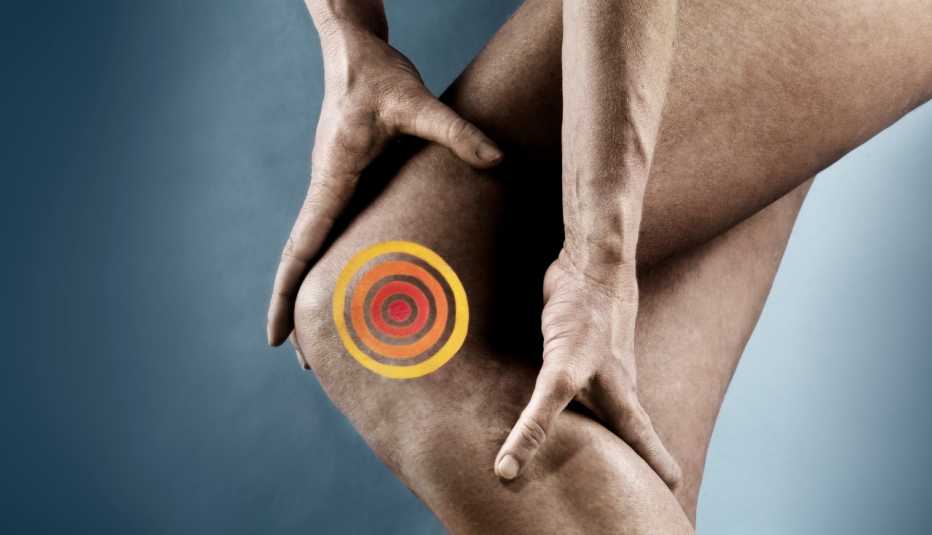AARP Hearing Center
Do you routinely crank up the heat in your home, much to the dismay of your family? Maybe you’re the one always reaching for a sweater when others around you are roasting?
There’s no denying that people run at different temperatures. But if you find that you are constantly chilly, even in warmer environments, a medical condition may be to blame. Keep reading to learn about eight health issues that can cause you to feel cold — plus, how aging can contribute to your feeling frosty.
1. Anemia
According to the Centers for Disease Control and Prevention (CDC), almost 3 million people in the United States have anemia, a condition that occurs when you don’t have enough healthy red blood cells to deliver oxygen to the body’s tissues. As a result, it’s common to feel cold (especially in the hands and feet), tired and weak. Other warning signs of anemia include shortness of breath, pale or yellowish skin, an irregular heartbeat and headaches.
Older adults — especially those over 65 — are among the populations more likely to develop a common type of anemia known as iron-deficiency anemia, according to the National Institutes of Health (NIH). Various factors — from diet to ulcers to blood disorders to cancer — can lead to anemia. A low-dose aspirin regimen may even play a role, according to a 2023 study published in the journal Annals of Internal Medicine. Researchers found that daily low-dose aspirin increases the risk of anemia in people 65 and older by approximately 20 percent.
2. Type 2 diabetes
Diabetes, a chronic disease that affects how your body can turn food into energy, may cause you to feel cold, since it can affect blood flow and circulation. Diabetes can also lead to a condition known as peripheral neuropathy, which can cause a tingling feeling in your hands and feet. Up to half of people with diabetes have peripheral neuropathy, according to the NIH — that’s about 18.5 million Americans.
Risk factors for diabetes include being overweight, being 45 or older, lack of exercise and genetics.
3. Chronic kidney disease
Chronic kidney disease (CKD), which can be a complication of diabetes, occurs when the kidneys are damaged and cannot filter blood as well as they should. Feeling cold is an early sign of the condition, which affects some 37 million U.S. adults.
According to the Washington University School of Medicine in St. Louis, the symptom is a result of your kidneys failing to produce a hormone called erythropoietin, which regulates the production of red blood cells, leading to anemia.
4. Hypothyroidism (underactive thyroid)
The main role of your thyroid — a small, butterfly-shaped gland at the base of your neck — is to control the speed of your metabolism, the process of how your body transforms the food you eat into energy your body needs to function.
Hypothyroidism occurs when your thyroid doesn’t produce and release enough hormones, causing aspects of your metabolism to slow down. One of the more common symptoms of this condition, which affects nearly 5 percent of Americans age 12 and up, is a sudden sensitivity to cold. Other warning signs include fatigue, weight gain, joint and muscle pain and a slowed heart rate.







































































